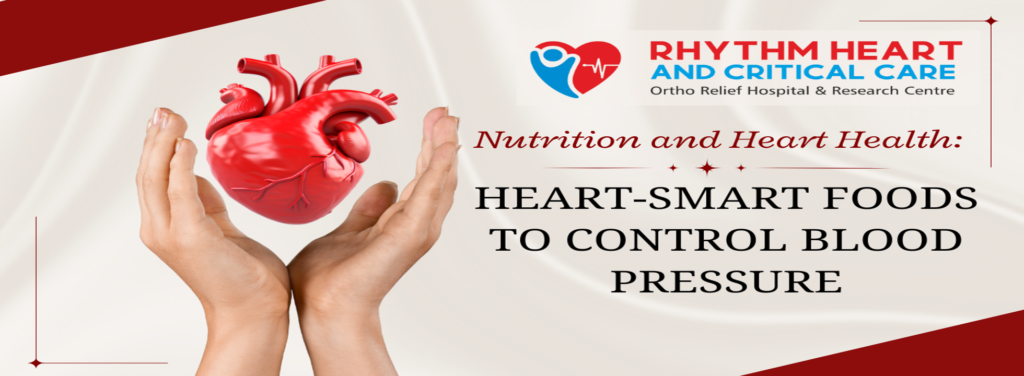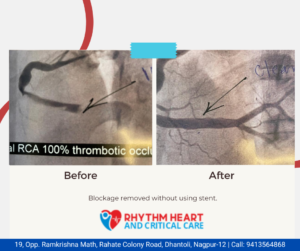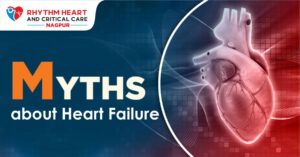When it comes to taking care of your heart, what you eat is just as important as how you live your life. High blood pressure is one of the main causes of heart problems, but the good news is that making smart food choices can really help.
At Rhythm Hospital, we focus on how eating the right foods can prevent heart issues. By making better food choices, you can reduce your chances of high blood pressure, keep your blood flowing well, and support a stronger heart.
That’s why today we’re talking about Nutrition and Heart Health: Heart-Smart Foods to Control Blood Pressure, to help you eat in a way that supports a healthier future.
Why Food Choices Matter for Heart and Blood Pressure
Your diet can help keep your heart and blood vessels healthy or harm them. Eating foods that are high in potassium, magnesium, antioxidants, and fiber helps control blood pressure and eases pressure on your arteries.
But eating a lot of processed foods with lots of salt, sugar, and bad fats can cause high blood pressure and other heart problems.
At Rhythm Hospital, we help patients make lasting changes to their eating habits that support better health over time.
This blog on Nutrition and Heart Health: Heart-Smart Foods to Control Blood Pressure will highlight foods backed by research that can keep your heart strong and blood pressure stable.
7 Heart-Smart Foods That Support Healthy Blood Pressure
1. Leafy Greens
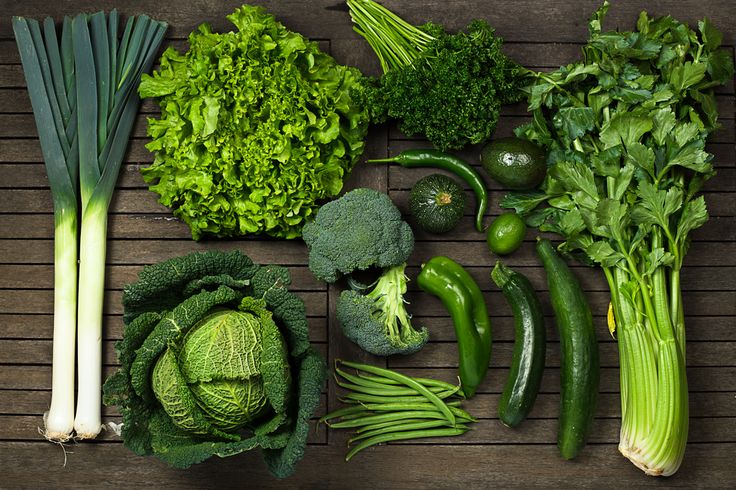
Spinach, kale, and Swiss chard are high in potassium, which helps the body get rid of extra sodium.
This helps keep blood pressure lower and makes blood vessels more flexible.
Eating green vegetables often is good for the heart and gives your body important nutrients like magnesium and antioxidants.
2. Nuts and Seeds
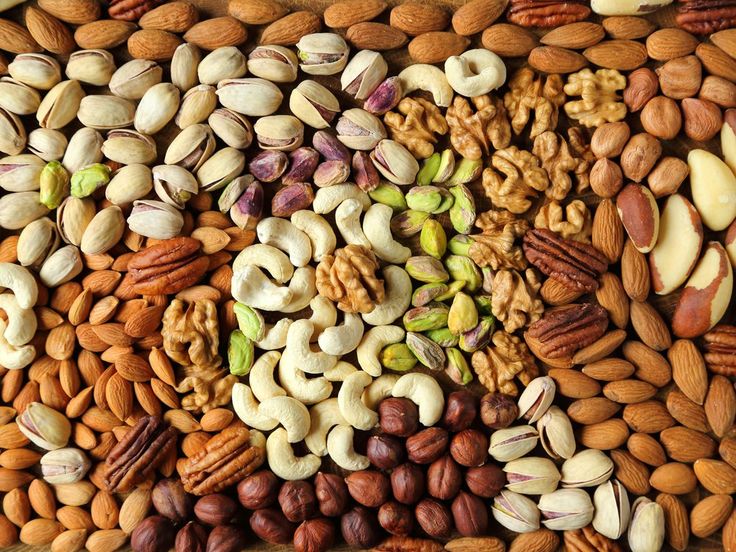
Almonds, walnuts, flaxseeds, and chia seeds are full of omega-3 fatty acids and fiber.
These good nutrients can help reduce bad cholesterol, keep blood vessels healthy, and keep blood pressure in check.
Eating a small amount each day can help protect your heart without adding too many calories.
3. Citrus Fruits
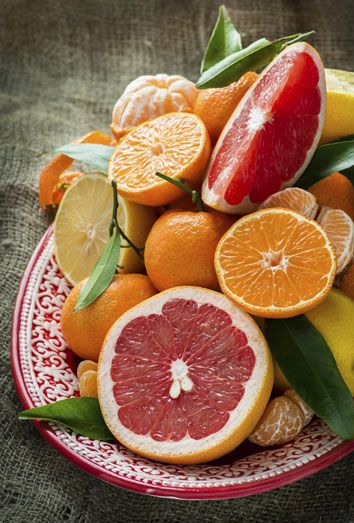
Oranges, lemons, and grapefruits are rich in vitamin C and flavonoids. These substances help make blood vessels stronger, improve blood flow, and lower inflammation.
Drinking fresh citrus juice or eating whole fruits is a great way to support the immune system and help manage high blood pressure.
4. Fatty Fish
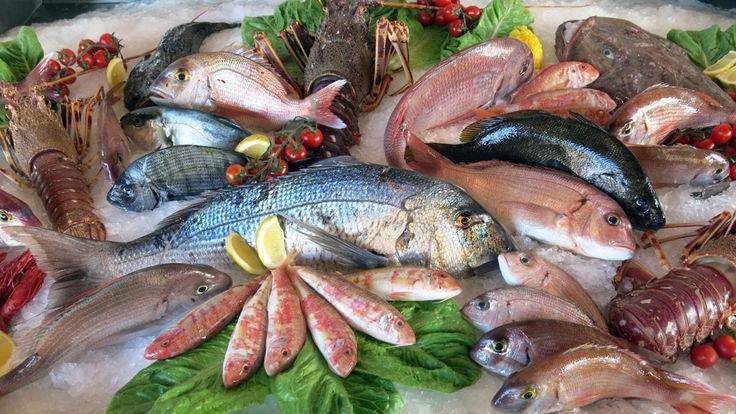
Salmon, mackerel, and sardines are rich in omega-3 fatty acids, which help reduce inflammation, lower triglycerides, and stop arteries from getting clogged.
Eating fatty fish about two times a week is connected to better blood pressure and a lower chance of developing heart disease.
5. Yogurt and Low-Fat Dairy
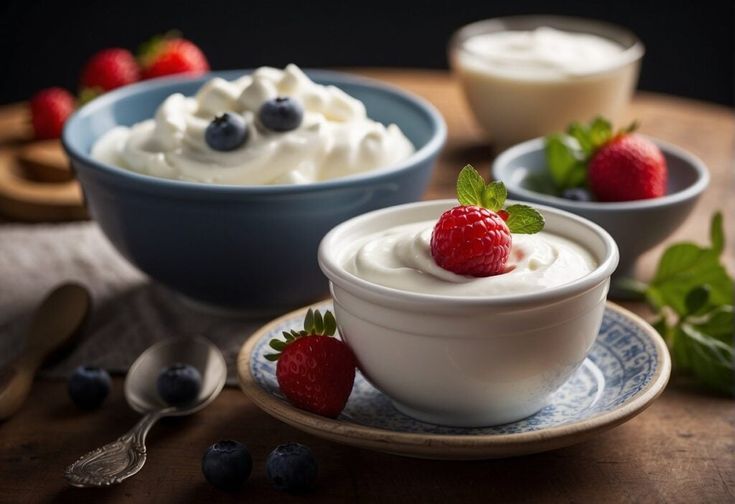
Foods that have a lot of calcium, such as yogurt and milk, can help keep blood pressure in check.
Probiotic yogurt is good for the digestive system, which can help the heart and blood vessels work better.
Choosing unsweetened, low-fat dairy products gives you the same health benefits without the extra sugar.
6. Berries

Blueberries, strawberries, and blackberries are full of anthocyanins, which are antioxidants that help improve how blood vessels work.
Research shows that eating berries regularly can help make blood vessels wider and reduce blood pressure naturally, making them a great choice for keeping the heart healthy.
7. Whole Grains

Oats, quinoa, and brown rice are packed with fiber, which can help lower cholesterol and keep blood sugar levels balanced.
Eating whole grains gives your body steady energy and helps your heart stay healthy by keeping blood pressure stable.
Changing refined carbs to whole grains is a simple and helpful step you can take to improve your diet.
Building a Heart-Healthy Lifestyle
Eating the right foods is just one part of taking care of your heart. Along with eating well, it’s important to keep up with exercise, manage stress, and visit Rhythm Hospital for regular checkups.
When patients combine Nutrition and Heart Health: Heart-Smart Foods to Control Blood Pressure with lifestyle changes, they see a significant drop in blood pressure and improvement in cardiovascular strength.
With expert guidance, we help individuals adopt practical, science-backed routines that are easy to maintain.
Take Action for a Healthier Heart Today
At Rhythm Hospital, we believe it’s better to prevent problems than to treat them after they happen.
Making smart food choices is the first step in lowering blood pressure and decreasing the chance of heart disease.
Eating foods like leafy greens, nuts, citrus fruits, and fatty fish can make a significant difference in your health.
Don’t wait for problems to show up, start taking care of your heart now. Talk to our specialists and let them help you on the path to a healthier, stronger heart.
Visit Rhythm Hospitals and take the first step toward a heart-healthy lifestyle!
FAQ’S
1. Which food reduces high blood pressure quickly?
Foods like beetroot, spinach, and oats can quickly help reduce high blood pressure. These foods are rich in potassium, magnesium, and nitrates that relax blood vessels.
2. Which fruits reduce BP naturally?
Bananas, pomegranates, and citrus fruits are highly effective in lowering blood pressure naturally. They provide essential nutrients that support vascular health.
3. How can I reduce high blood pressure in 5 minutes?
You can try deep breathing exercises, drinking a glass of water, or stretching to get temporary relief, but consistent diet and lifestyle habits are the key to lasting results.
4. What to do if your child’s blood pressure is high?
Parents should consult a doctor immediately, encourage physical activity, and reduce salty, processed foods in their child’s diet.
5. What foods should kids with hypertension avoid?
Children with high blood pressure should avoid packaged snacks, fried foods, and sugary drinks that increase sodium levels and strain the heart.
6. What brings blood pressure down the fastest?
Drinking beetroot juice or hibiscus tea can lower blood pressure within hours. They are natural and effective remedies for quick results.
7. How can I treat high blood pressure naturally during pregnancy?
Expecting mothers should follow a balanced diet, reduce sodium intake, and include more vegetables, fruits, and whole grains. Always follow medical advice for safe management.
8. Can garlic reduce blood pressure?
Yes, garlic contains allicin, a compound that relaxes blood vessels and improves blood flow, helping reduce blood pressure naturally.
9. Which fruit is best for BP control?
Bananas are among the best because of their potassium content. Pomegranates are also excellent as they improve blood vessel function and lower systolic pressure.
10. What is the best overall diet for blood pressure management?
The DASH diet and Mediterranean diet are considered the best. Both emphasize vegetables, fruits, lean proteins, and low sodium intake. As explained in Nutrition and Heart Health: Heart-Smart Foods to Control Blood Pressure, these diets are proven to support long-term heart health.
Reference:
https://www.nhlbi.nih.gov/health/heart-healthy-living/healthy-foods

